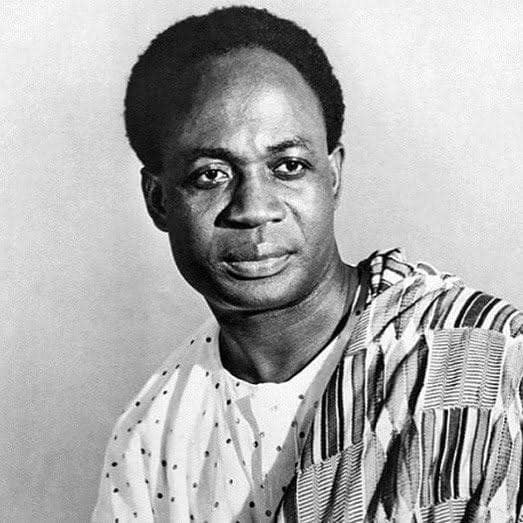

Introduction
Ghana, located on the west coast of Africa, is a country rich in history, culture, and vibrant traditions. From its ancient kingdoms and colonial past to its bustling markets and welcoming people, Ghana offers a captivating experience for cultural enthusiasts. This guide aims to take you on a journey through the diverse cultural heritage of Ghana, providing insights into its historical sites, traditional festivals, arts and crafts, music and dance, and mouthwatering cuisine. Get ready to immerse yourself in the unforgettable world of cultural tourism in Ghana.
Chapter 1: Discovering Ghana’s Historical Sites
- Cape Coast Castle and Elmina Castle: Explore the dark history of the transatlantic slave trade.
- Kakum National Park: Experience the thrill of walking on the canopy walkway and learn about the region’s diverse ecosystem.
- The Ancient Kingdoms of Ashanti and Dagomba: Visit Kumasi and Tamale to discover the rich heritage of these historical kingdoms.
Chapter 2: Traditional Festivals and Celebrations
- The Akwasidae Festival: Witness the grandeur of the Ashanti people’s festival, featuring colorful parades, traditional music, and cultural performances.
- Homowo Festival: Join the Ga people in Accra as they celebrate the harvest season with drumming, dancing, and the sharing of traditional food.
- Aboakyir Festival: Experience the exhilarating deer-hunting festival celebrated by the people of Winneba.
Chapter 3: Art, Crafts, and Adinkra Symbols
- National Museum of Ghana: Explore the extensive collection of Ghanaian artifacts and learn about the country’s history through its art.
- Craft Villages: Visit places like Bonwire (known for Kente weaving) and Ntonso (known for Adinkra symbols) to witness traditional artisans at work.
- Adinkra Symbols: Discover the meaning behind these symbolic designs and learn about their significance in Ghanaian culture.
Chapter 4: Music, Dance, and Drumming
- Highlife Music: Immerse yourself in the sounds of Ghana’s iconic music genre, blending traditional rhythms with Western influences.
- Traditional Dance Forms: Experience the energy and beauty of dances like Kpanlogo, Agbadza, and Adowa.
- Drumming Workshops: Participate in hands-on drumming sessions to learn the rhythms and techniques of Ghanaian drumming.
Chapter 5: Gastronomy and Culinary Delights
- Street Food: Indulge in local favorites like Jollof rice, Waakye, Kelewele, and Banku from the bustling street food stalls.
- Palm Wine and Akpeteshie: Sample traditional drinks made from palm sap and sugarcane, respectively.
- Cooking Classes: Join cooking classes to learn how to prepare authentic Ghanaian dishes and savor the flavors of the country.
Conclusion
Ghana’s cultural tourism offers a rich and rewarding experience for travelers seeking to delve into a country steeped in history and vibrant traditions. From its historical sites to its traditional festivals, arts and crafts, music and dance, and delectable cuisine, Ghana showcases the beauty and diversity of African culture. By exploring the chapters in this guide, you’ll be equipped with the knowledge to embark on an unforgettable journey through the heart and soul of Ghana’s cultural heritage. Get ready to create memories that will last a lifetime.








